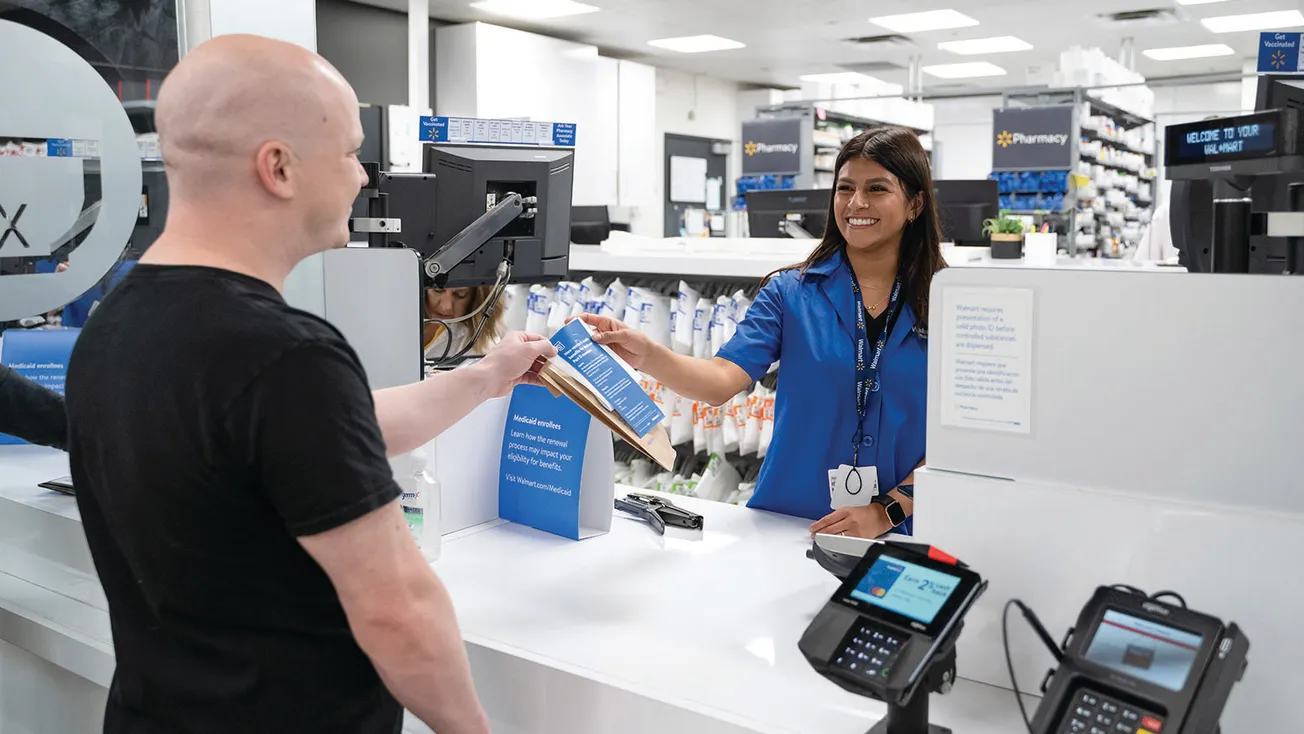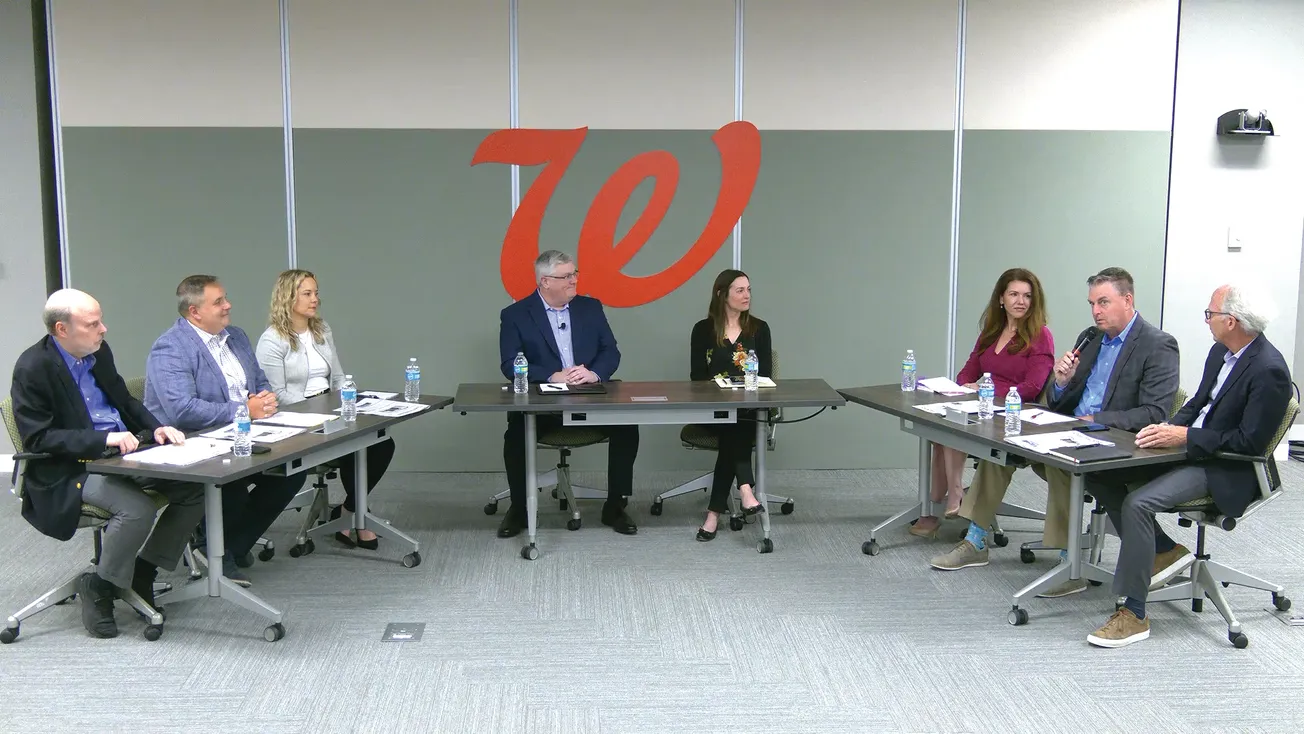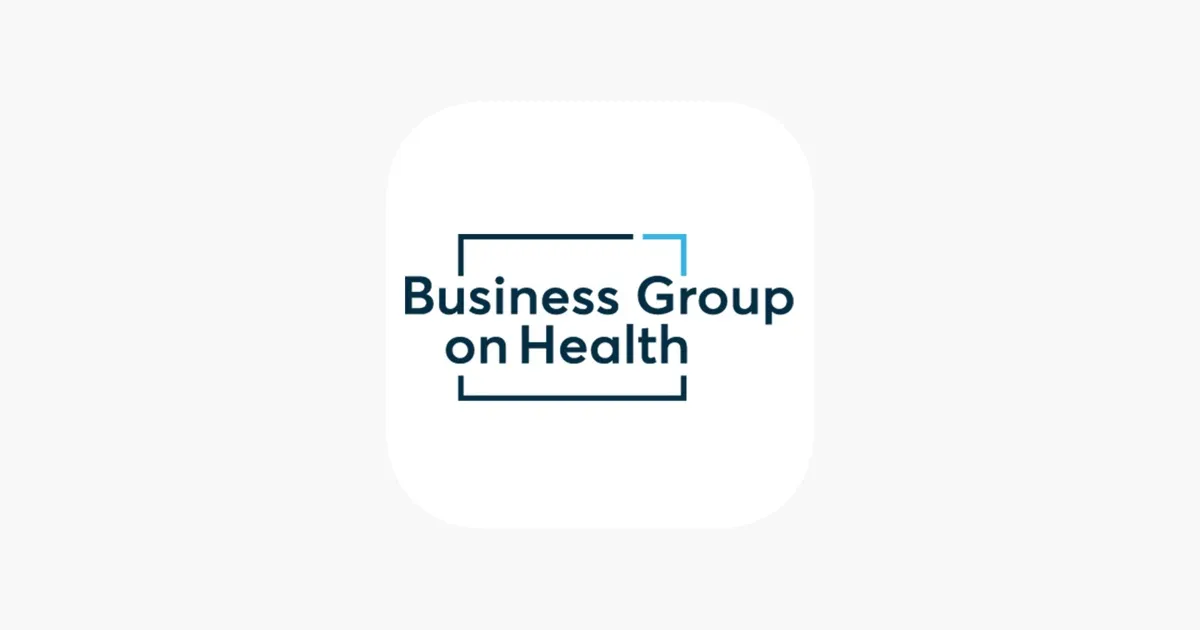BENTONVILLE, Ark. — Walmart has taken several significant steps to heighten the impact of its pharmacists on the health and well-being of Americans. The moves, including higher compensation for those professionals (as well as the company’s opticians) and the rollout of dozens of additional HIV-focused Specialty Pharmacies of the Community (SPOCs), are the latest signs of Walmart’s commitment to positioning its pharmacies to help address persistent problems of access, quality and cost that plague the nation’s health care system.

Kevin Host
“Pharmacists have been striving to increase their scope of practice, meaning what they can do in terms of services for patients, and Walmart pharmacists are no exception to that,” says Kevin Host, senior vice president of pharmacy at Walmart Health and Wellness. “We’re obviously heavily regulated, and every state board of pharmacy allows pharmacists to practice at a different level. But Walmart pharmacists want to practice at the top of their license.
“COVID gave community pharmacy the platform to highlight that expertise. All of society had an opportunity to see what pharmacists are capable of doing — not only in terms of providing medication, but information and education, and the protection people need, whether it be a COVID shot or any other vaccination. Not to mention we’re the most accessible health care professionals.”
Walmart plans to open 70 new SPOCs in areas where the need is particularly great by the end of the year, bringing the total to 80 in 11 states across the country. Built within the company’s existing footprint of 4,600 pharmacies, the SPOCs target the specific needs of patients with HIV/AIDS and those at risk of contracting the disease.
Host indicates that the pharmacists who staff the SPOCs, which beginning last year were tested at several stores, receive training through a continuing education program that Walmart developed together with the Elton John AIDS Foundation and Duke University. “We enable them with the additional training and tools they need to service those patients,” he says. “Right now we’re looking to provide our customers with education, linkage to care and, where they need it, PrEP [pre-exposure prophylaxis] therapies. We provide HIV testing in collaboration with community partners now and are working to be able to provide testing directly from our pharmacies in the near future.”
A holistic approach to HIV/AIDS care is very much in order, according to Host. Some 1.2 million people in the United States are HIV positive, about 13% of them don’t know they have it, and one in three aren’t being treated at all. With 150 million people a week shopping with Walmart, the company is well positioned to put a dent in those numbers with increased access to important services.
“We’ve seen a great response to the SPOCs,” Host says. “When we reach out into those communities, word spreads quickly, and we see an increase in the patient base for those seeking specific care. We get new patients in these pharmacies every single day, and they’re looking either to find access to care or just a simple test — do I have HIV or not?”
Encouraged by the initial success of the SPOCs focused on HIV/AIDS, Walmart plans to extend the concept to other disease states, beginning with autoimmune conditions that affect the skin, joints and gastrointestinal tract.
“Ultimately, I’d like to see our pharmacists also treating patients for more common ailments like upper respiratory conditions,” notes Host. “About a third of all visits to primary care involve some sort of complaint regarding an upper respiratory ailment, and pharmacists are capable of testing for and treating for a lot of those conditions.
“The sky’s the limit. Pharmacists are highly trained clinicians. Given the right tools and the right regulatory environment, they can increase access to care and make a true impact on patients’ health.”
Walmart is increasing its investment in pharmacy care. At the end of May, the company raised pay for some 3,700 pharmacists, bringing the average salary for the group to more than $140,000 a year, plus incentives and bonuses. (The move followed a pay hike last year for 36,000 pharmacy technicians.)
“Walmart constantly looks to provide competitive compensation, whether it’s pay or otherwise. Our associates already deliver not just incredible value but an incredible experience to our patients,” says Host, adding that the company’s patient satisfaction rates are at an all-time high. “That’s directly attributable to our pharmacists, pharmacy managers and pharmacy technicians doing the right thing for our customers and our communities, day in and day out.”
The need for patient care provided by community pharmacists has never been greater, according to Host.
“To the extent that pharmacists are able to do diagnostics and/or treatments, that’s what we’re looking to address, where there’s a need,” he says. “There’s going to be a significant shortage of primary care physicians by 2030, and many patients are already having trouble getting an appointment when they need one. We think pharmacists can step in to help fill that gap.
“Four thousand Walmart pharmacies are located in medically underserved areas. Our pharmacists are trained and capable of helping to treat many routine ailments. That’s a great solution, in my opinion.”









